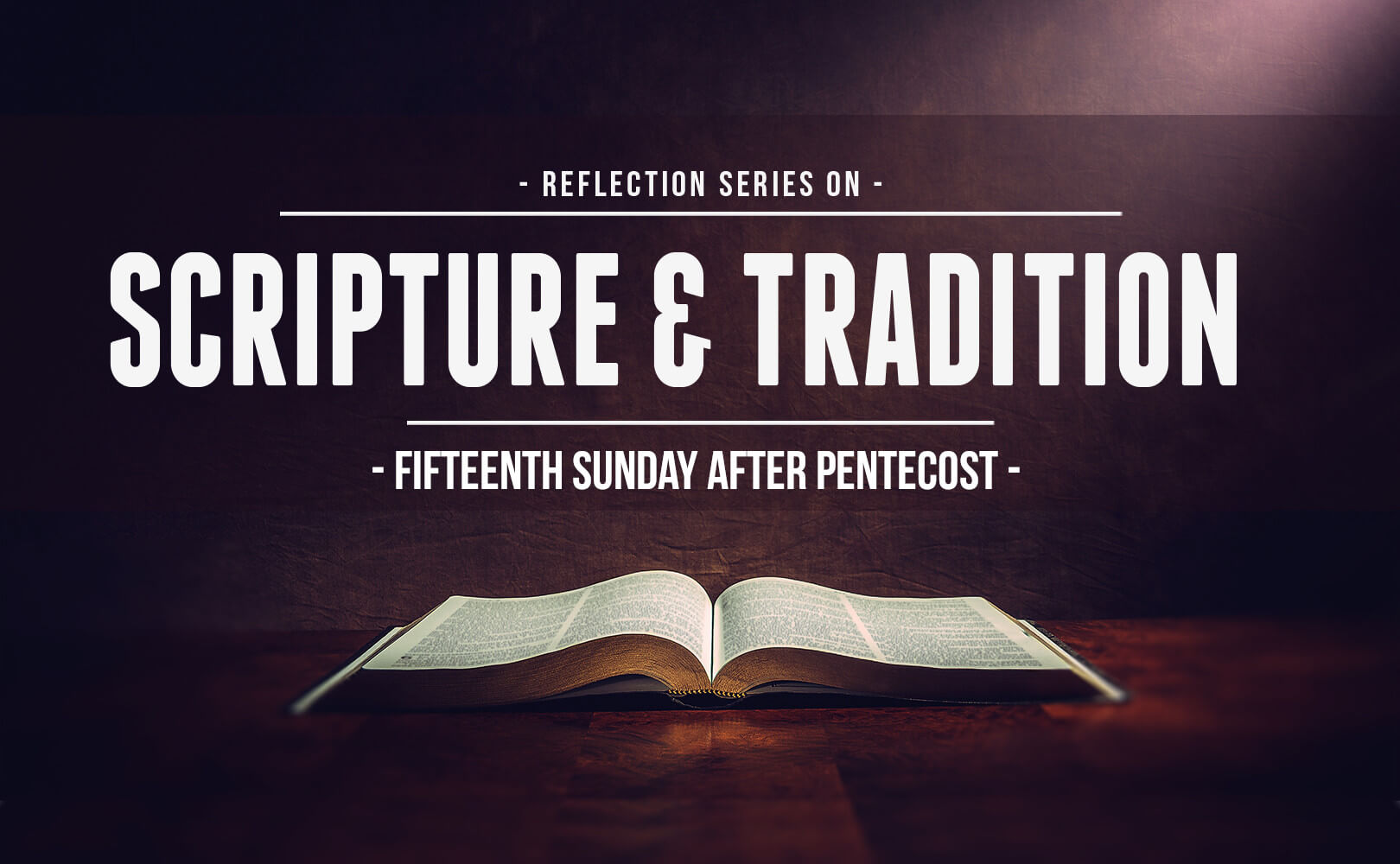Epistle: Galatians 5:25-26; 6:1-10
Gospel: Luke 7:11-16
Let Thy continual pity cleanse and defend Thy Church, we beseech Thee, O Lord; and because it cannot continue in safety without Thee, govern it evermore by Thy help.
– From the Collect for the Fifteenth Sunday after Pentecost
Sunday’s readings remind us of the importance of compassion, which literally means to “suffer with” someone. Compassion directs our thoughts outward, toward the problems of others. But it does not just observe those sufferings—true compassion takes action to remedy them.
Sunday’s Epistle continues St. Paul’s catechesis on living in the Spirit. The person who lives by the Spirit will “bear another’s burdens,” for this, according to the Apostle, “fulfill[s] the law of Christ.” In other words, we look with compassion on the burdens others carry, and we do what we can to alleviate them. But how exactly do we bear another’s burdens? St. Thomas Aquinas breaks it down into three ways: “In one way by patiently enduring the bodily or spiritual defects of another…In a second way by coming to one another’s aid in their needs…In a third way by making satisfaction through prayers and works for the punishment one has incurred” (Commentary on Galatians 347).
The Angelic Doctor thus shows us the three ways we can be compassionate towards others. We don’t harshly judge others for their failings, but instead treat them as we would want to be treated—how quick we are to make excuses for our own shortcomings, but how slow we are to excuse others for theirs. We help others in their distress. And we pray and fast in reparation for the sins of others. Most people restrict compassion to just the second way: helping others in distress. But true compassion takes on the suffering of others (“suffer with”). It is understanding when someone else falls—not minimizing the sin, but looking to mitigating factors and calling the other to repentance. Compassion is also taking on the sins of others by praying and fasting in reparation for them; this truly Christ-like action is too often forgotten today.
Sunday’s Gospel tells the story of compassion in action. Our Lord sees a widow whose only son has died. In addition to the great sorrow a mother feels when her child has died, in the time of Christ this also means that there was no one to care for this poor woman. And Luke tells us that “when the Lord had seen her, He had compassion on her.” He raises the young man from the dead and returns him to his mother.
Some might wonder why it is that Jesus performed this particular miracle, and didn’t go about raising everyone who died from the dead. What makes this widow special? First, in the Incarnation the Son of God limits himself to human form, and thus limits himself physically and geographically. But more importantly, when we have compassion upon someone, we are often going beyond what he or she “deserves.” The son of the widow followed the normal course of life in this fallen world: he lived, then he died. He did not “deserve” to be raised from the dead; no one does, for death is the natural result of sin (cf. Rom 5:12). But Christ’s compassion goes beyond what we deserve. He looked upon the widow with compassion and gave her what she didn’t deserve: her dead son brought back to life.
In our sin, we are the dead son. We don’t deserve Christ’s compassion, and we do deserve both physical and spiritual death. Yet Christ looks upon us with compassion and raises us to life, particularly in Baptism and Confession. We have received Christ’s compassion, and in response we must have compassion upon those around us, even when they don’t “deserve” it.


